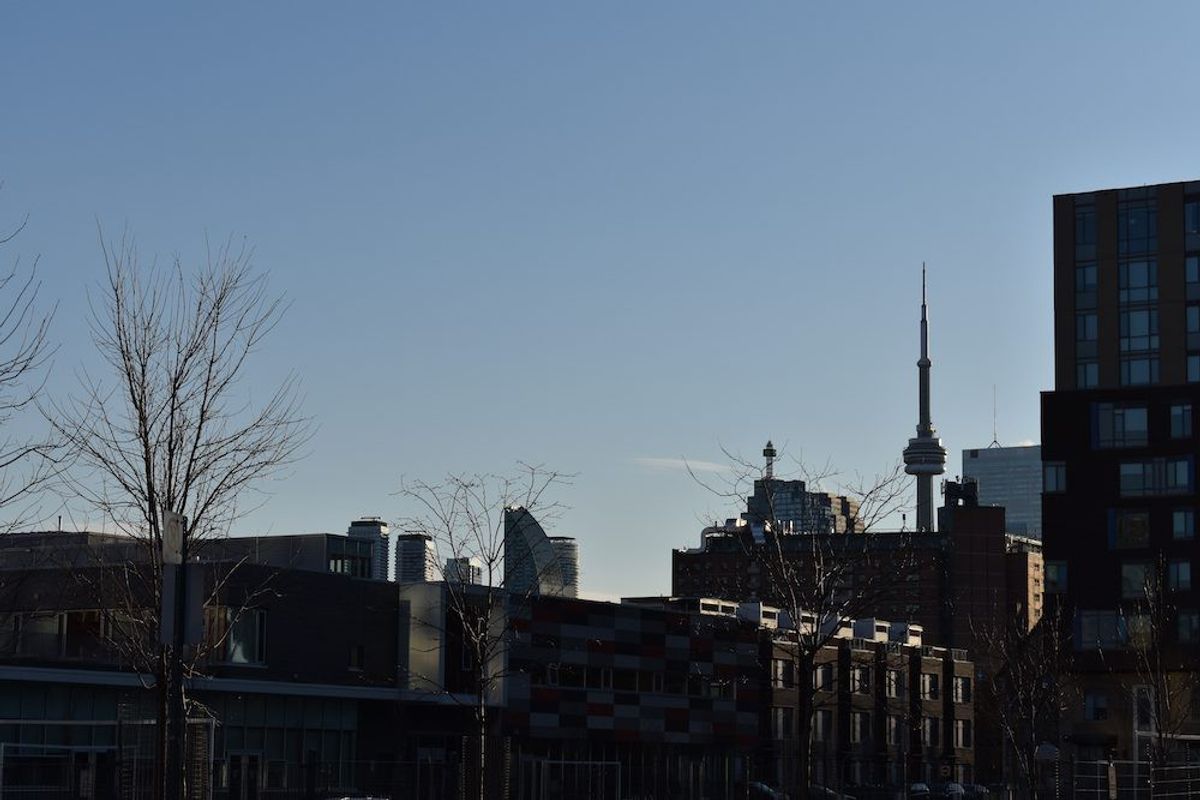Bradley Watson loves to study Toronto’s housing market.
Through Toronto’s #1 Real Estate Podcast, (yes, that’s actually what it’s called) The Sutton Group – Summit Realty Inc. broker is able to have two-way conversations with real estate investors across the GTA. He sees what’s happening in the market at every level: as a broker he’s doing weekly transactions, as a podcaster he’s studying the market through his updates and through conversations with investors, listeners, and fans.
This makes him a great candidate to tackle this week’s question:
What’s Your Opinion on the Federal Government’s Efforts to Cool the Hot Real Estate Market?
Over the past couple months, it has been made pretty clear that we’re experiencing exuberance in the housing market, including an admission from the Canadian Mortgage and Housing Corporation [CMHC].
Since then, I’ve noticed, even before the stress test came in, that there was an increase in housing supply that some people would take as a shift in the spring market, but it seems as though active listings were on the market longer.
People have been saying that there has been overheating, but now the government is saying that there is overheating and they’re watching it. This means now people are more attentive to what the government does because 2017 is so fresh in everyone’s mind. I would say that the first shot the government took was the change in the stress test. It was a bit of a warning shot because it did very little and everyone agreed that it didn’t do a whole lot. It changed buying power by 2-4%, but that was the first change that they made to show that they were going to do something and they’re willing to step in.
READ: Adam Vaughan Fires Back in War of Words Over Future of Canadian Housing Market
The federal budget was very widely anticipated as an opportunity for the government to do more: to really keep the ball rolling, take another shot and show that they have no problem with stepping in and intervening. What we saw instead was a pretty widespread consensus that it didn’t do much. The other thing is, they told realtors the budget was going to include a non-resident homeowner tax back in November. We knew that and there were no surprises, so this move I would call a second warning shot. It’s a move to show that they can do something, but they haven’t done anything significant yet.
READ: Budget 2021: Feds Introducing 1% National Tax on Vacant Properties Owned By Foreign Non-Residents
The other thing I’ve noticed with that change is it doesn’t address housing supply for the market. It addresses supply for rentals. Due to the loophole in the non-resident homeowner tax that it has to be vacant or under used, what they’re saying is, “We don’t want to mess with foreign owners. We just want them to use that property as a rental unit.”
I wouldn’t say the government hasn’t rocked the boat because there’s been a lot of pressure telling them they need to protect housing for Canadians, but instead what they’ve said is, “We’ll protect housing and a place to live, but we’re not protecting the market itself.”
Even if you listen to the way Minister of Finance Chrystia Freeland has talked, she’s very specific: “We need more supply,” or “This is a supply issue.” They’re very supply-centred. However, in Toronto, if you listen to the local experts and analysts, including me, there has been a significant short-term shift and increase in demand that isn’t being addressed by these policies.
I don’t blame them. I wouldn’t say they’re doing anything wrong with their federal budget because they really had two options: they could go slow and steady, let people know they’re here and that they can do something or they could’ve done something drastic. They recently said they weren’t going to remove the primary residence exemption, but that was a measure that could have been in there and that would’ve had a massive psychological impact on the market. I think if they did that, it wouldn’t have gone over very well. I think they took the safe route and, in my opinion, that was the right call for this particular issue.
However, these warning shots, plus an expectation that interest rates will possibly rise in 2022, already seem to be shifting the active listings in the GTA. It already seems to be making an impact without having to do anything drastic. It’s my hope the market will solve its own problem, rather than the federal government overshooting with an intervention.
Right now, everyone is looking for solutions, but nobody is really criticizing what the federal government did because they didn’t do a whole lot. If you asked me what I would do as the federal government, my changes would target investors specifically, because that’s a demand pressure that’s pricing out a lot of Canadians from owning a home. I hope these warning shots by the federal government are warning shots toward something like that.
This interview has been adjusted for both clarity and length.
Please note: The opinions in this article are those of the interviewee and not those of STOREYS. When considering real estate advice speak with your own agent and lawyer.




















